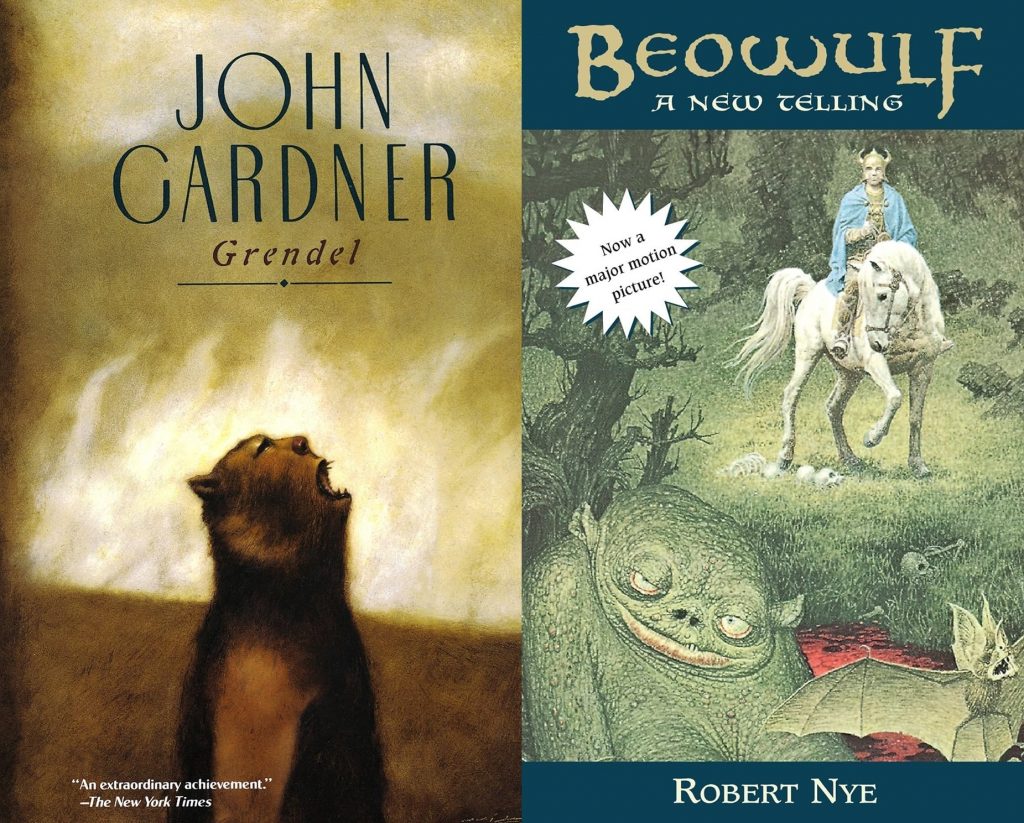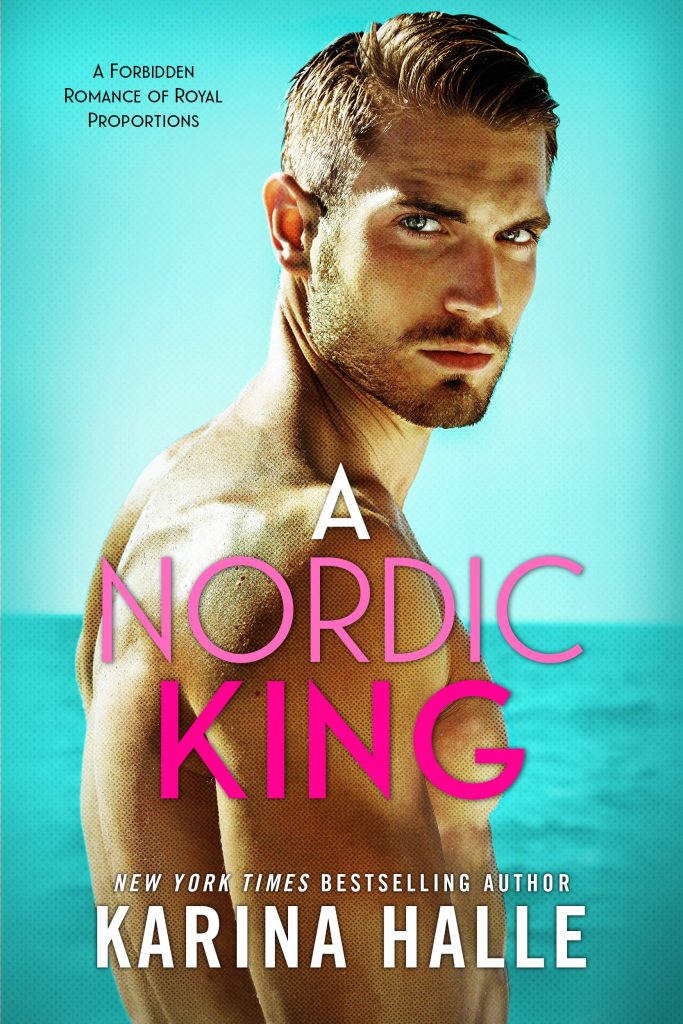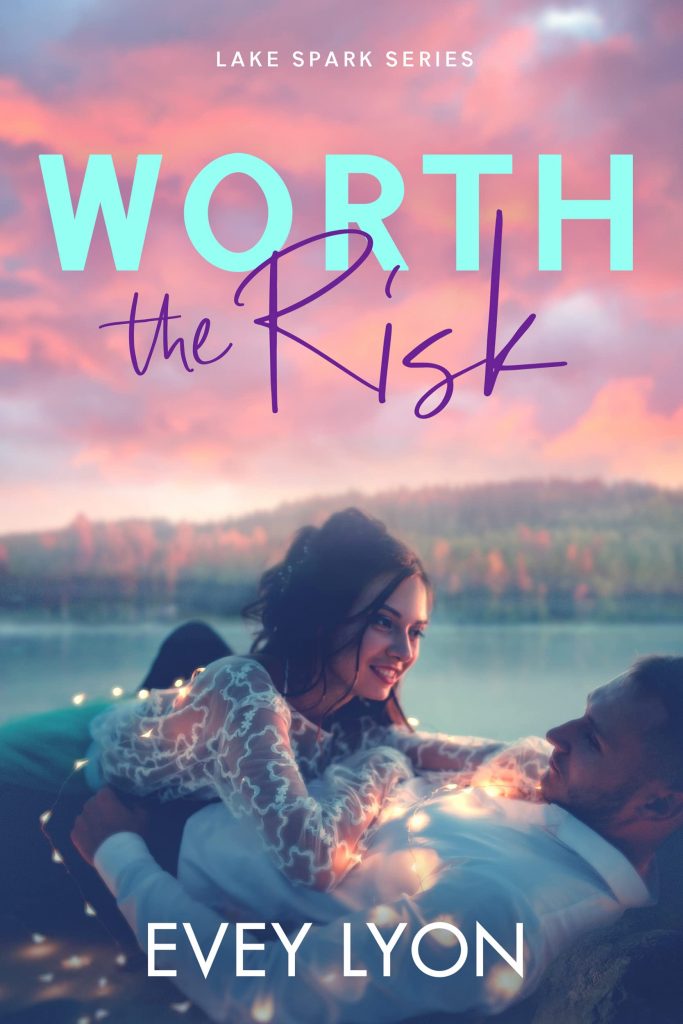As one of the most significant and influential works of Old English literature, Beowulf has undoubtedly inspired countless authors and works throughout the ages. This epic poem tells the story of Beowulf, a hero possessing strength and courage, who triumphs over monstrous adversaries. The tale has captivated readers and writers alike, leading to numerous books that draw inspiration from this literary masterpiece.
In this article, we will explore a list of the best books that have been inspired by Beowulf, delving into the ways these authors have reimagined, expanded, or paid tribute to the original text. From contemporary retellings to the exploration of untold perspectives, these novels showcase the rich and enduring legacy of Beowulf in modern literature.
These selections not only honor the source material but also offer fresh insights and unique interpretations, demonstrating the timeless appeal of Beowulf and its continued impact on readers and writers today. Through these works, we trace the enduring influence of a classic tale that has fascinated and inspired generations.
Historical Context of Beowulf
Beowulf is an epic poem that stands as a significant piece of early English literature. Written in Old English, it is one of the oldest surviving works in the English literary tradition. Its composition dates back to anywhere between the 8th and 11th centuries, with the only existing manuscript dating from around 1000 CE.
The poem is set in Scandinavia and revolves around the hero Beowulf, who comes to the aid of Hrothgar, the king of the Danes, by fighting the monstrous Grendel and its vengeful mother. Later, Beowulf becomes the ruler of his own kingdom and faces a final challenge in battling a fearsome dragon. Throughout the story, the poet explores themes of heroism, loyalty, and the consequences of vengeance.
The historical context of Beowulf reflects the cultural and political landscape of its time. England was witnessing the influence of various cultures, such as the Anglo-Saxons, Scandinavians, and Celts, which contributed to the formation of a distinct literary tradition. The poem’s Old English language is an amalgamation of these influences, showcasing the linguistic richness and complexity of the period.
The epic poem also includes elements of history and legend, rooted in the oral narrative tradition. Characters and events in Beowulf may have their origins in real-life people and occurrences, though the poem does not claim to be an accurate historical record. Its purpose lies more in preserving cultural memory and expressing the values of the society from which it emerged.
In conclusion, Beowulf offers a window into the historical context of early English literature and provides valuable insights into the worldviews, politics, and cultural influences of its time. Readers can appreciate the poem not only for its heroic narrative and literary artistry but also for its role in preserving a rich cultural heritage.
Influential Beowulf Translations
Beowulf, an Old English epic poem, has inspired numerous retellings and adaptations over the years. Some of the most influential translations reflect the original work’s essence while revealing creative interpretations by skilled authors and translators.
One such translation is John Gardner’s “Grendel,” a radical retelling of the Beowulf story from the perspective of the monster Grendel. Gardner’s unique approach has opened the door for further exploration of the legend’s different aspects. While focusing on Grendel’s loneliness and existential struggle, this modern version connects with the original poem thematically without replicating its language or style.
Similar to John Gardner, Neil Gaiman delved into the world of Beowulf with his short story “The Monarch of the Glen.” Gaiman weaves Beowulf into modern-day Scotland, creating a captivating mix of myth and reality. Although not a direct translation, Gaiman’s inventive take demonstrates the enduring influence of the Beowulf narrative.
Additionally, several writers, influenced by the classic epic, have evoked its mood and themes through creative adaptations. For example, Michael Crichton’s successful novel “Eaters of the Dead” is a fictional retelling of Beowulf set in 10th-century Scandinavia. The book merges historical accuracy with the legend’s supernatural elements, reflecting the original’s themes.
While the significance of Beowulf’s translations and adaptations cannot be understated, it is vital to acknowledge the original work’s language. Various translators have approached the Old English text with differing aims, seeking either to preserve its poetic qualities or to produce a more literal rendition. These translations have given modern audiences greater access to the epic’s linguistic features and story, generating lasting interest in the poem.
To summarize, a wealth of influential Beowulf translations and adaptations – including works by John Gardner, Neil Gaiman, and Michael Crichton – has helped maintain the epic’s relevance to modern audiences. These retellings showcase the richness of the original tale while demonstrating the versatility of skilled writers in rendering the story in innovative ways, attesting to the enduring power of the Beowulf story and its themes.
Feminist Perspectives in Beowulf-Inspired Literature
The Mere Wife
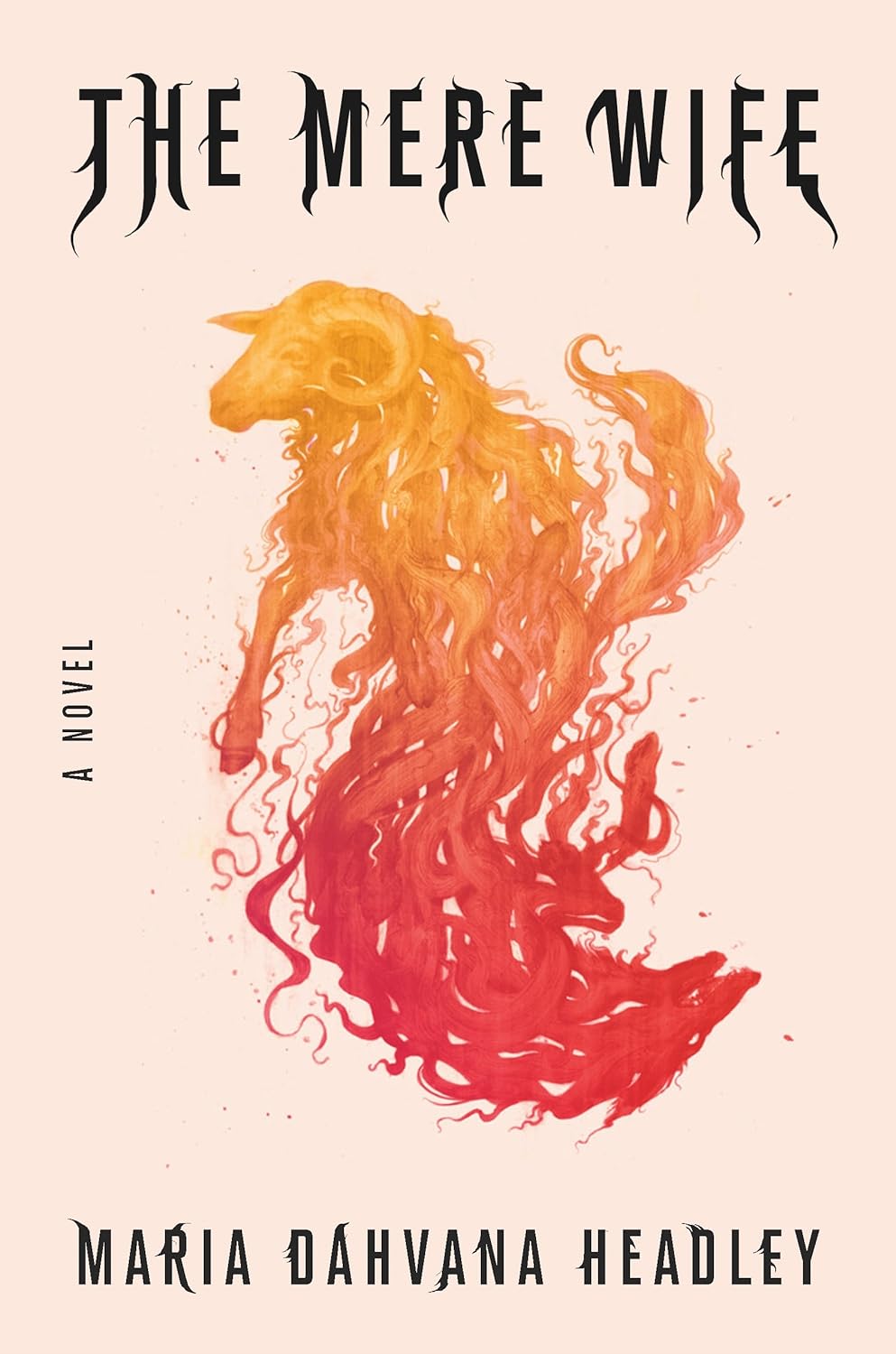
A remarkable work that explores feminist themes in Beowulf-inspired literature is “The Mere Wife” by Maria Dahvana Headley. In this contemporary retelling of Beowulf, Headley offers readers a fresh perspective on Grendel’s mother, turning the spotlight on a typically marginalized character. The author infuses her writing with a feminist perspective, challenging the traditional gender roles and power dynamics present in the original poem.
Grendel’s Mother: The Saga of the Wyrd-Wife
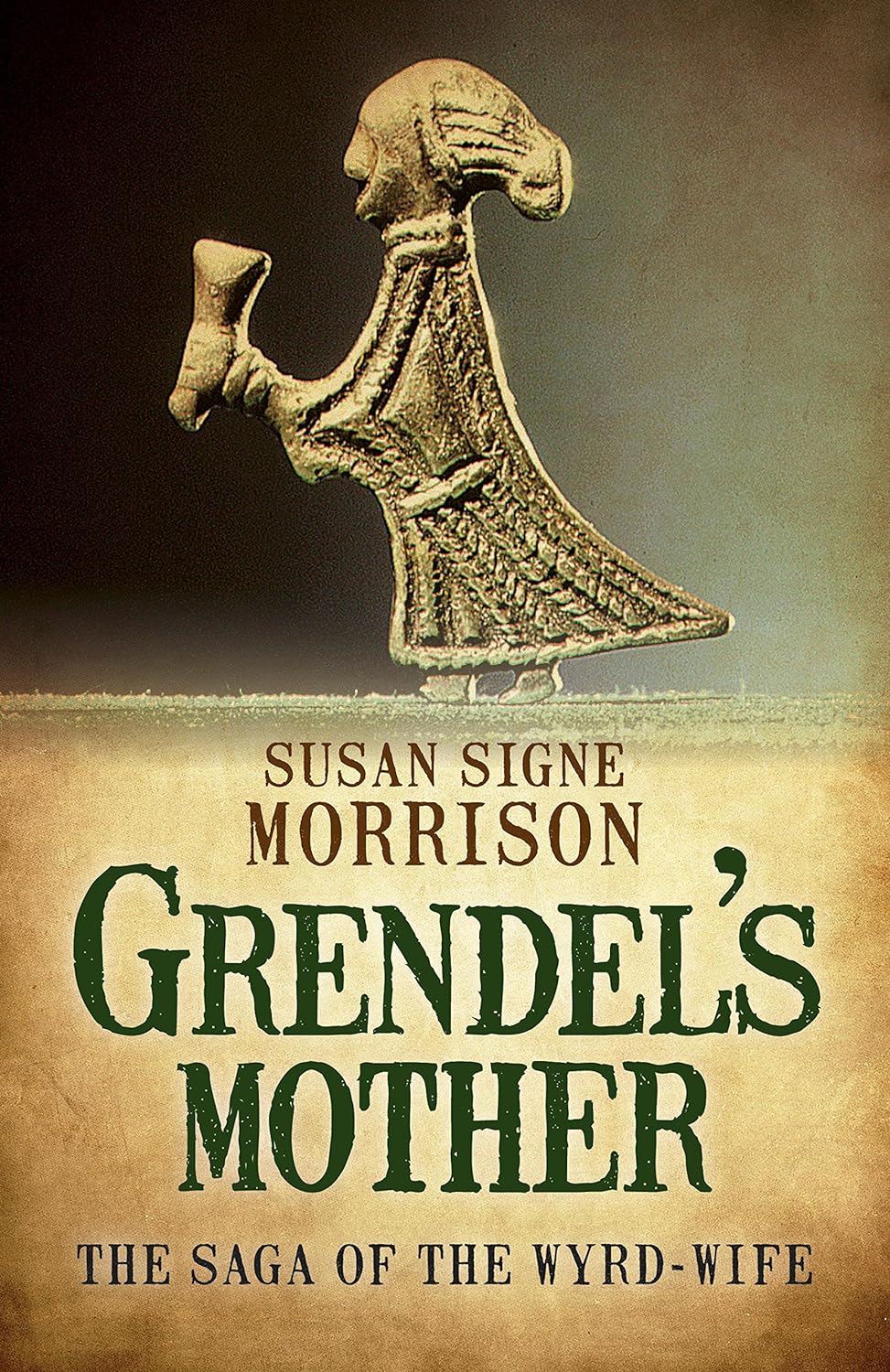
Another notable Beowulf-inspired book is “Grendel’s Mother: The Saga of the Wyrd-Wife” by Susan Signe Morrison. This novel delves into the untold story of Grendel’s mother, providing a vivid portrayal of her life and struggles. Morrison’s storytelling gives a voice to the often overlooked female character, while also underscoring the importance of women’s experiences in literature.
Both Headley and Morrison have contributed significantly to the growing body of feminist-inspired Beowulf adaptations, emphasizing the need to re-examine and reinterpret classic tales through a more inclusive lens. By focusing on the experiences of female characters, these novels shed light on important issues related to gender and society.
In addition to these novels, there are scholarly works, such as feminist translations of the Beowulf poem itself that seek to highlight the female perspective and challenge traditional interpretations. These translations focus on giving voice to the silenced women in the original text and reframing the story in a way that emphasizes their agency and contributions.
Overall, the emergence of feminist perspectives in Beowulf-inspired literature reflects a growing interest in redefining classic stories and characters, ensuring they are representative of diverse voices and experiences.
Notable Novels Inspired by Beowulf
Several novels have taken inspiration from the epic poem Beowulf, adding their own creative twist to the ancient story.
Grendel
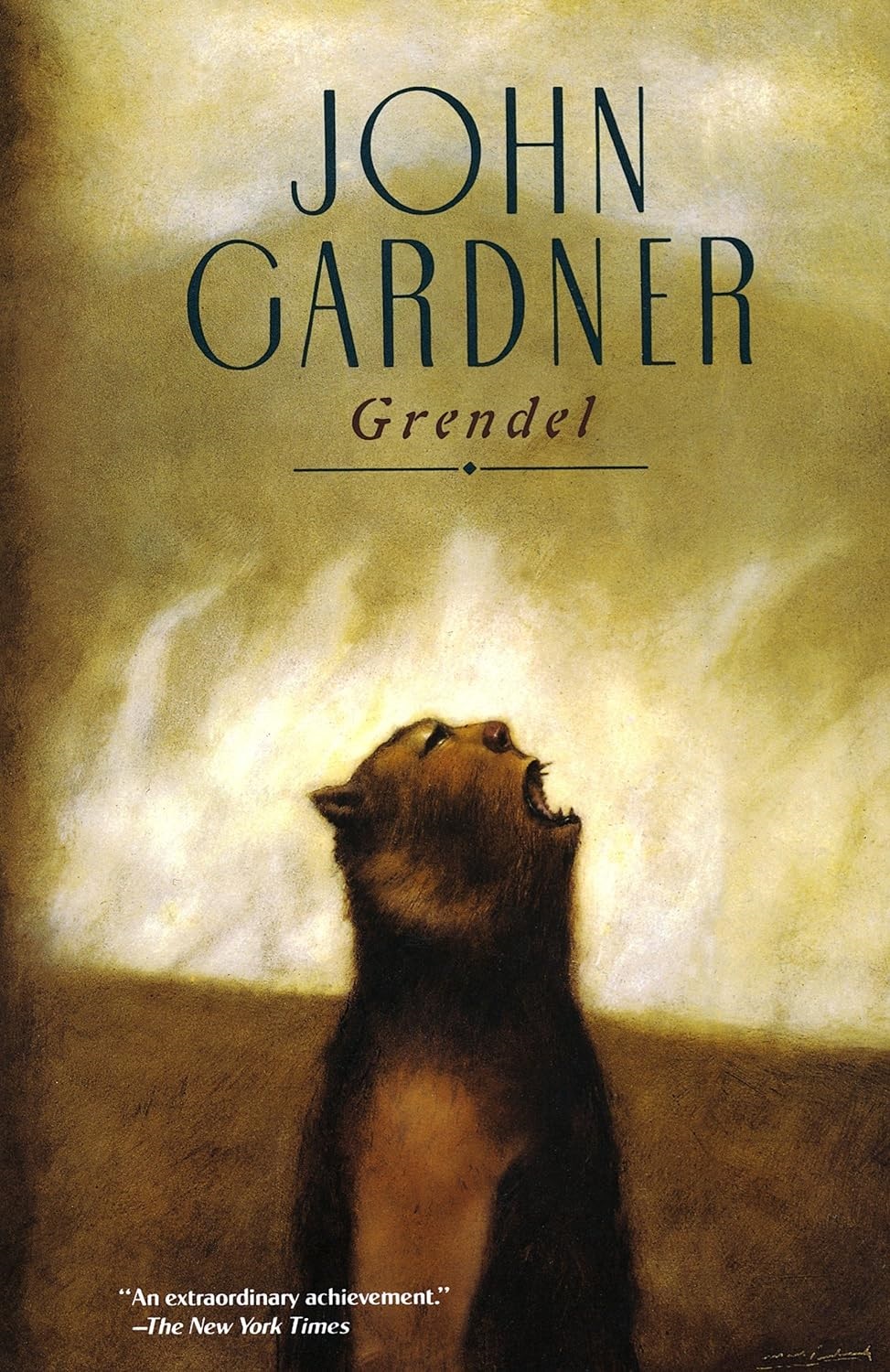
A noteworthy example is “Grendel” by John Gardner. This novel retells the tale of Beowulf from the perspective of the monster Grendel, providing readers with a unique and thought-provoking approach to the story. Gardner’s novel delves into the psyche of Grendel and explores themes of isolation, aggression, and the blurred lines between good and evil.
Beowulf
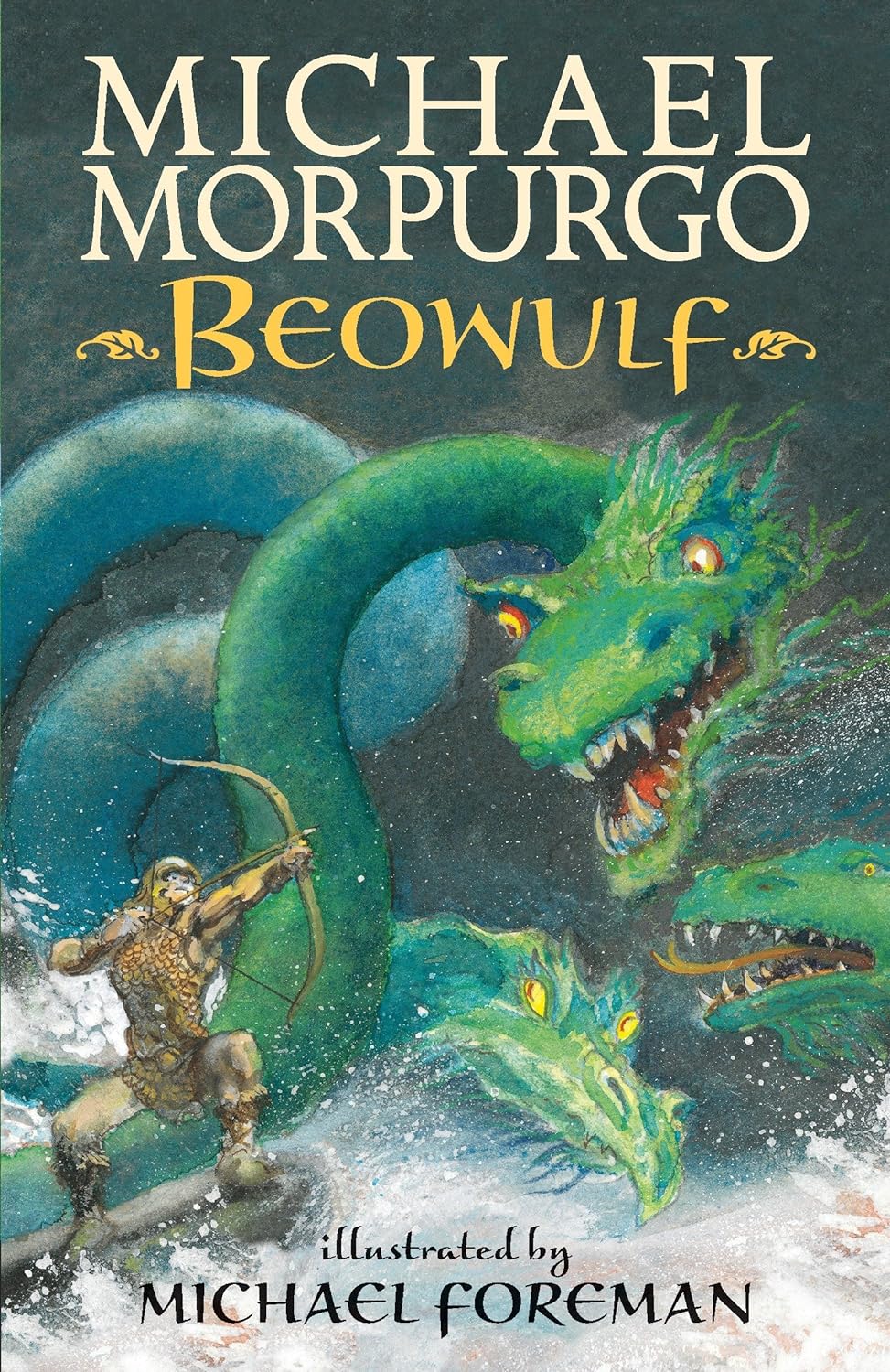
Another novel, Michael Morpurgo’s “Beowulf,” retells the classic poem for a younger audience. Morpurgo brings the story to life, keeping the heroic actions of Beowulf while also infusing the story with his signature warmth and humanity. Focusing on the themes of bravery, sacrifice, and friendship, this adaption offers an excellent introduction to Beowulf for a younger generation.
The Dragons of Heorot
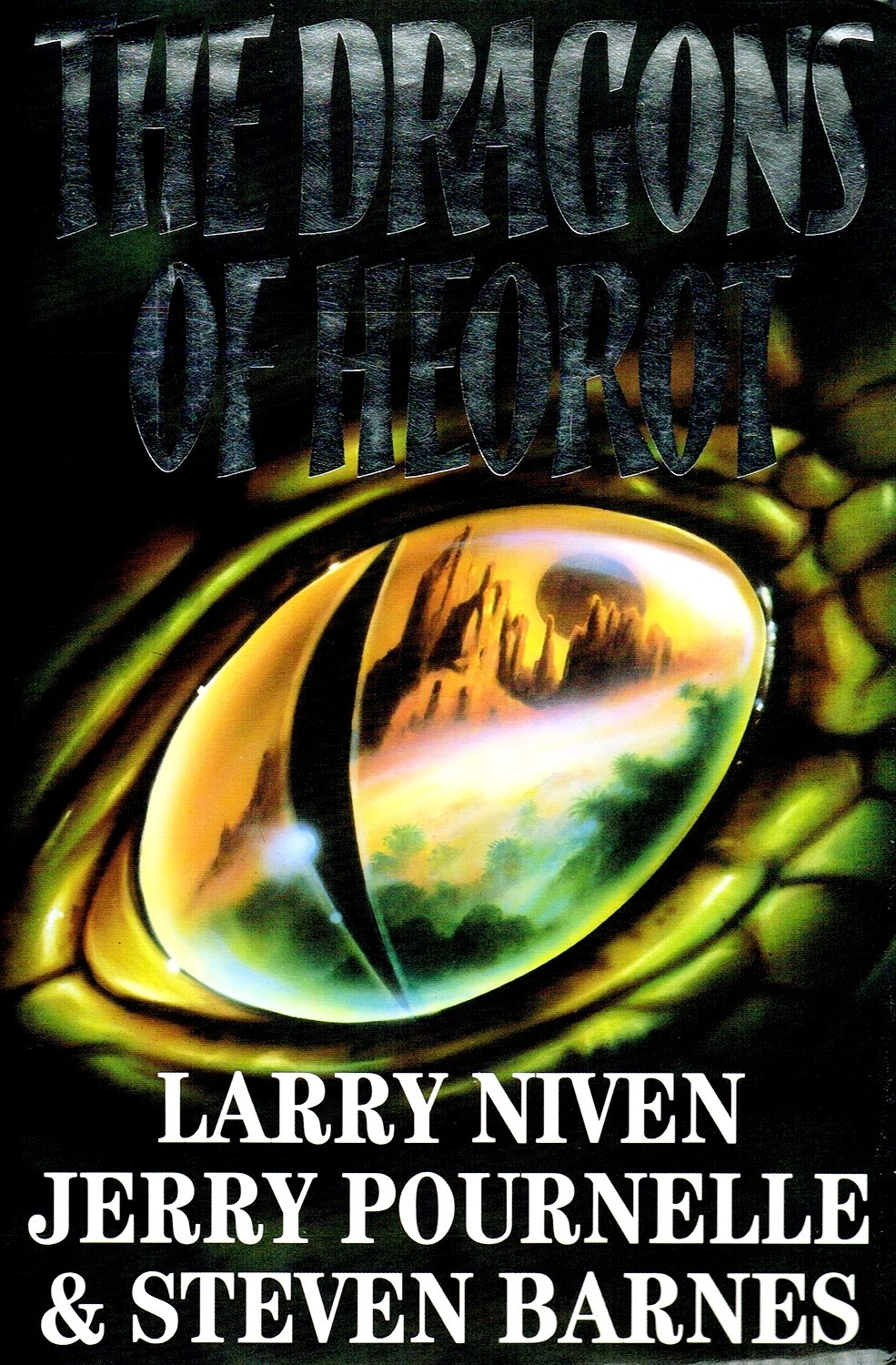
“The Dragons of Heorot,” co-authored by Larry Niven, Jerry Pournelle, and Steven Barnes, is a science fiction novel that reinterprets Beowulf by utilizing parallel thematic elements. The story follows a group of human colonists who must defend their settlement against a deadly alien creature. The novel reflects the epic poems’ themes of heroism, humility, and communal strength.
Silverlock
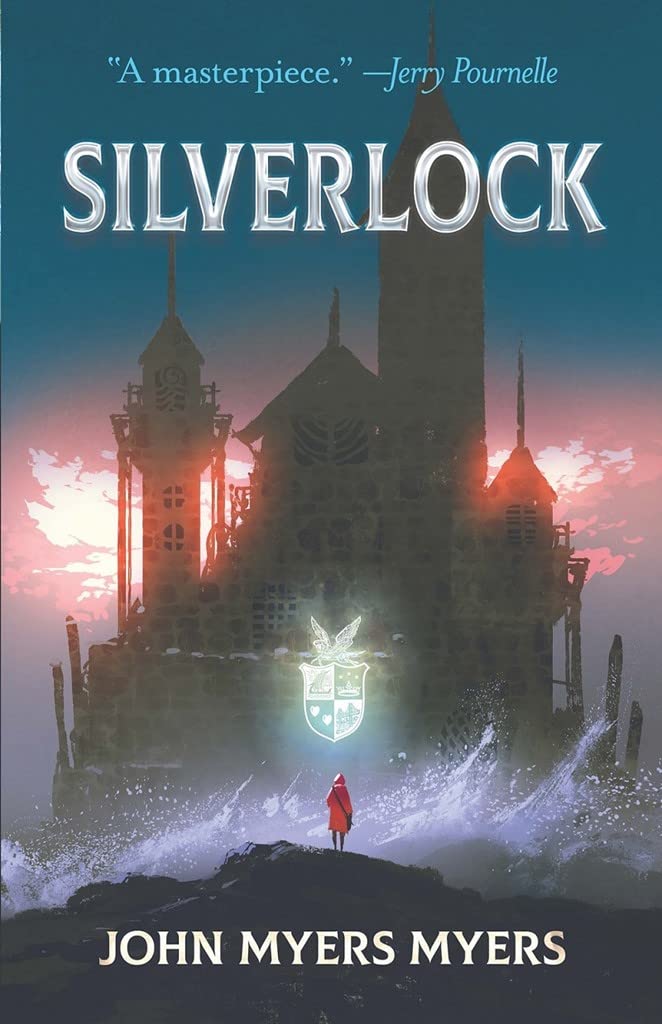
“Silverlock” by John Myers Myers, an inventive fantasy novel, features numerous literary figures, including Beowulf. The protagonist, Silverlock, journeys through the “Commonwealth of Letters,” a realm inhabited by iconic characters from literary works, including those from Beowulf’s universe, encountering monsters such as Grendel. Silverlock’s journey serves as a literary homage to the epic poem, as well as many other renowned tales.
Beowulf: A New Telling
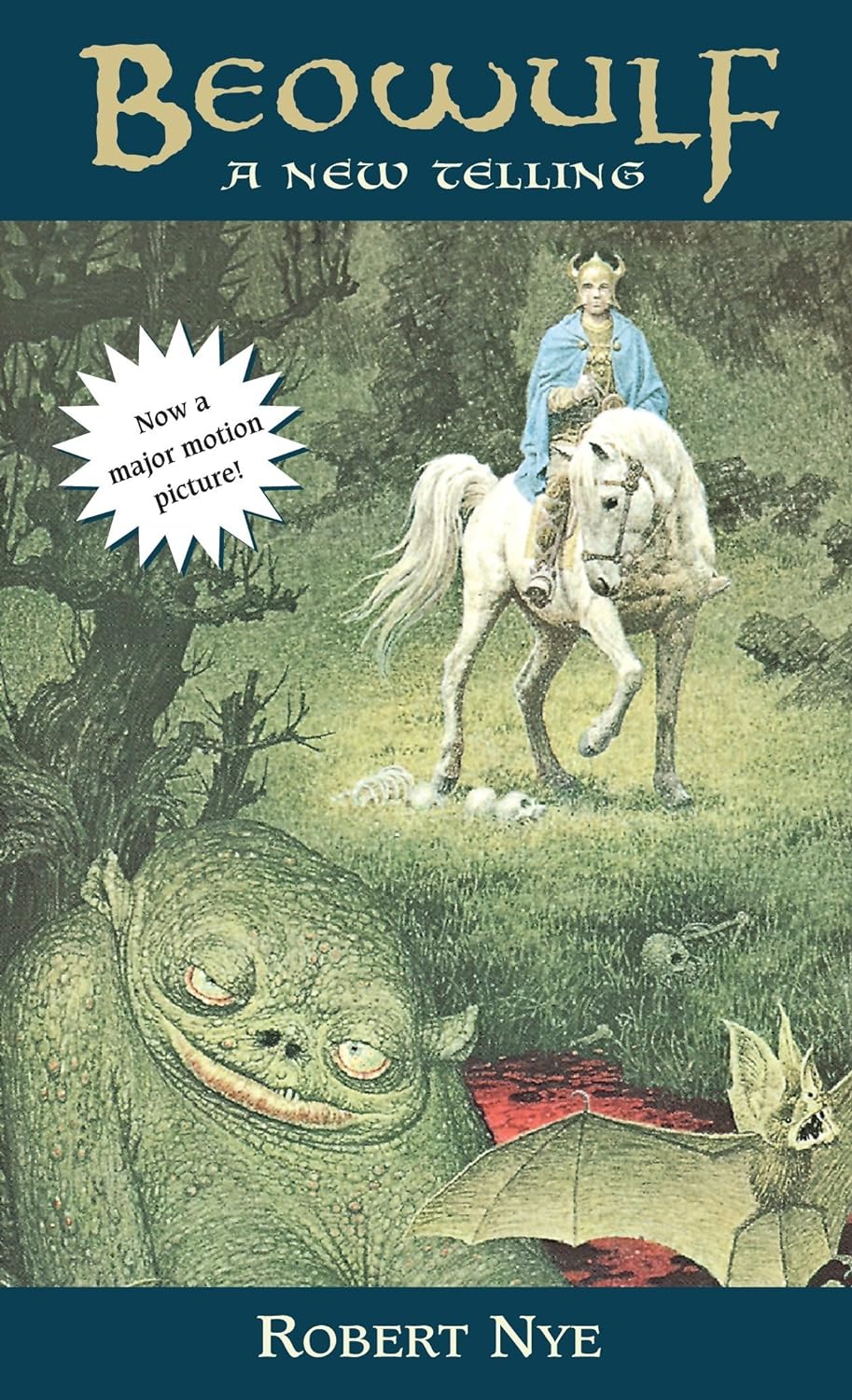
Finally, Robert Nye reinterprets another classic work, Virgil’s The Aeneid, alongside the events of Beowulf in his novel “Beowulf: A New Telling“. By synthesizing these two renowned stories, Nye offers a unique fusion, adding depth and nuance to both works. This novel showcases the influence of Beowulf on the broader literary world and its ability to resonate with readers across centuries.
These novels, inspired by the themes, characters, and narrative structure of Beowulf, showcase the versatility and timeless appeal of this striking saga. Whether through Grendel’s introspective musings or the spacefaring adventures of human colonists, the impact of Beowulf remains clearly discernible, continuing to inspire authors and entertain readers around the world.
Portrayal of Epic Heroes in Modern Interpretations
In recent years, authors have been inspired to reimagine epic heroes like those in Beowulf and other renowned myths. Various interpretations reflect the influence of ancient stories such as the Iliad, the Odyssey, and the tales from the Trojan War, showcasing heroes engaging in extraordinary feats and interacting with gods.
In one instance, “Kid Beowulf” by Alexis E. Fajardo incorporates elements from multiple legends into a captivating storyline. The audience enjoys a fresh perspective on Beowulf’s story, blending with other heroic sagas such as the Trojan War. The novel’s recasting of these classic myths allows modern readers to embrace these timeless tales with renewed enthusiasm.
Additionally, the rise of female epic heroes in literature is noteworthy, such as Wonder Woman. Stemming from Greek mythology, Wonder Woman’s character demonstrates empowering qualities like courage, intelligence, and strength. By incorporating these traits, creators offer a fresh perspective on epic heroes, emphasizing the importance of gender diversity in the genre.
Furthermore, modern interpretations often explore the interactions between epic heroes and gods, as depicted in Homer’s Iliad and the Odyssey. This relationship becomes a significant plot device, providing opportunities for characters to grow and face challenges that are beyond human realms.
To conclude, modern reinterpretations of Beowulf and other classic myths strive to bring new life and relevance to these time-honored tales. By integrating components such as heroic feats, divine intervention, and prevalent themes from ancient legends, contemporary texts continue to engage the imagination of readers.
Beowulf in Other Forms of Media
Beowulf, the celebrated Old English epic poem, has inspired numerous adaptations and reinterpretations throughout the years. From graphic novels to movies, the story of Beowulf continues to captivate audiences across various media platforms.
Beowolf In Graphic Novels
Beowolf by Gareth Hinds
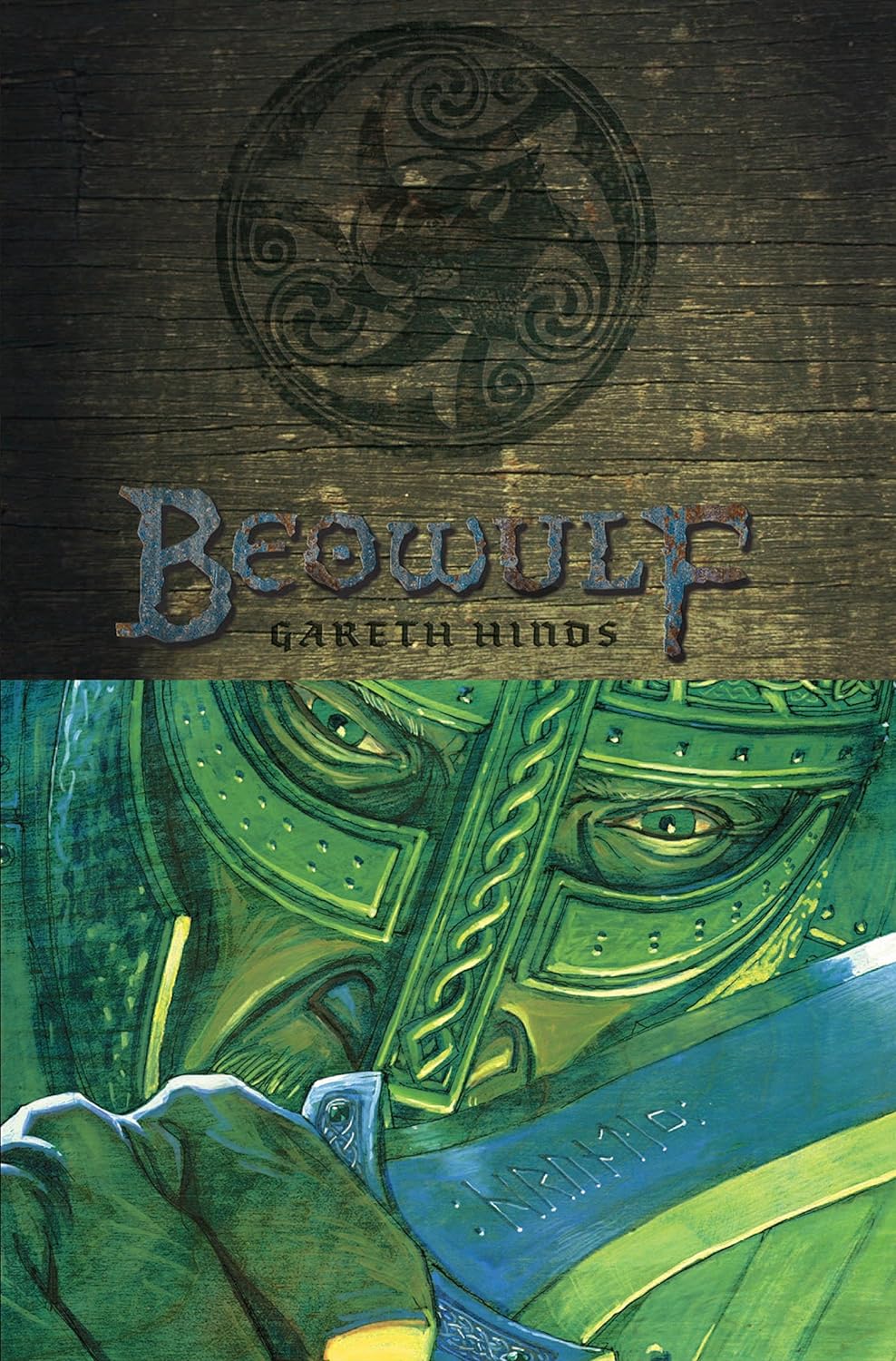
Gareth Hinds is a notable illustrator and author who has successfully brought the tale of Beowulf to life in the graphic novel format “Beowolf“. Hinds’ rendition is lauded by both “Kirkus Reviews” and “The New Statesman” for its invigorating visuals and faithfulness to the original text. This adaptation serves as an excellent introduction to the classic epic for a younger audience or those unfamiliar with the original Beowulf manuscript.
Beowolf Volume 1 by David Hutchison
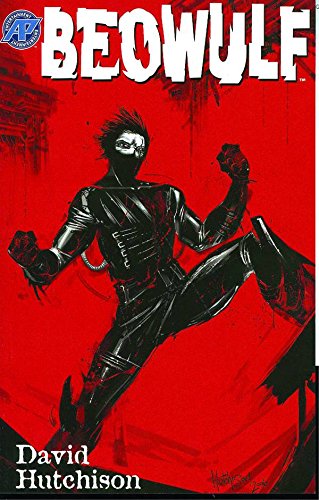
David Hutchison, another prominent artist in the comic book world, has also created his own unique interpretation of Beowulf in “Beowolf Volume 1“. Much like Hinds, he retains the essence of the original story while adding his personal flair. Both adaptations offer distinct styles and perspectives on the Beowulf narrative, catering to a diverse range of readers.
Beowolf in Cinema
The compelling nature of Beowulf has carried over into the realm of cinema as well. Director Roger Avary and producer Robert Zemeckis joined forces to create a stunning motion-capture animated film version of the epic poem. Released in 2007, the movie employed innovative technology and a star-studded cast, breathing new life into the centuries-old tale. The film adaptation garnered attention from both critics and audiences alike, with outlets such as NPR and Vox discussing its merits and impact on the broader cultural landscape.
The continuing fascination with Beowulf and its timeless themes has led to an ongoing exploration through numerous media types. The books, graphic novels and film adaptations are testament to the enduring appeal of this ancient story. As Beowulf persists in leaving indelible marks on popular culture, its influence on literature and the world of entertainment can only be expected to grow.
Cultural Influence and Language Evolution
Beowulf, an Old English epic poem, has had a significant impact on modern literature and language. Its rich cultural background and unique linguistic features have inspired numerous writers to create their own versions of the story. The poem’s use of Old English not only provides a historical and cultural context but also allows for a fascinating exploration of language evolution.
As a masterpiece of Old English literature, Beowulf has greatly influenced the development of the English language. The poem’s complex syntax, numerous kennings, and rich vocabulary provide a clear understanding of the language’s early stages. Its alliterative verse and rhythm have played a crucial role in shaping the structure of English poetry. The poem’s oral tradition has also contributed to the preservation and transmission of the epic across generations.
Moreover, Beowulf’s themes and characters have become touchstones for modern writers exploring broader issues like heroism, courage, and identity. The poem’s lasting cultural influence can be seen in countless literary adaptations and reinterpretations, providing a rich foundation for contemporary works. These reinterpretations often include updated language and storytelling elements, reflecting various linguistic, cultural, and historical changes.
In summary, Beowulf’s continued presence in modern literature and its impact on language evolution demonstrate the poem’s timeless appeal. Its deep cultural roots and ever-evolving linguistic impact ensure that this Old English epic’s influence will continue to inspire future generations of readers and writers.
